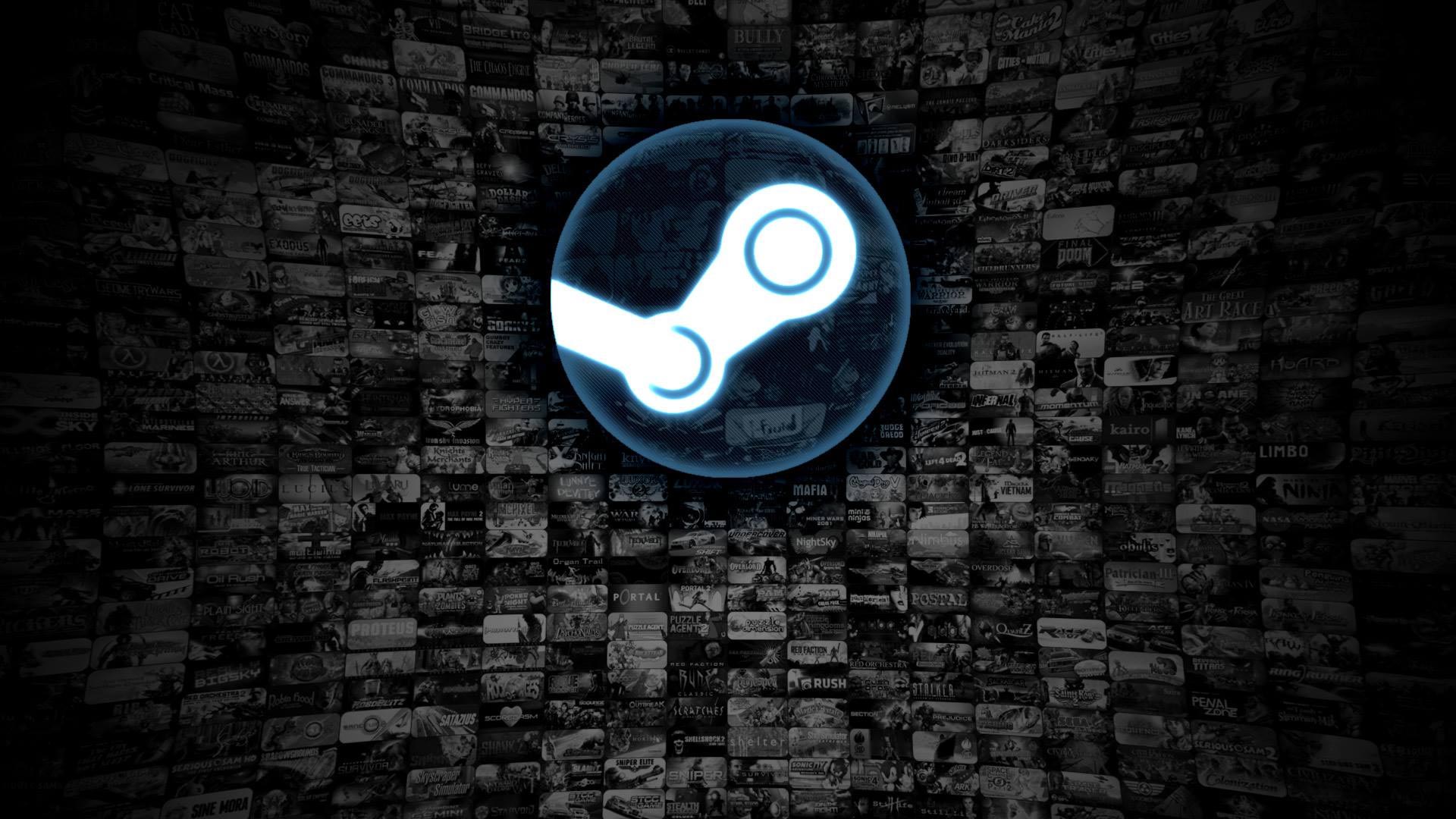Steam's secret Early Access rules reveal Valve's hands-off approach
Previously only accessible by developers, PC Gamer has obtained a copy of Steam's Early Access rules and guidelines.

Valve does not have formal penalties for developers who violate the rules of Early Access, according to a document obtained by PC Gamer. The document, which is private to Steam developers, reveals plenty of advice, a handful of rules, but almost no hard, enforceable standards about Early Access. A short excerpt of the rules was shown in November 2014, but this is the first full picture of how Valve governs Early Access, what advice it provides to developers, and what boundaries it sets.
The document is divided into three sections: rules, which developers "need to follow," guidelines, which Valve calls "suggestions for ensuring a better experience," and answers to common questions related to pricing, launching, the transition from Early Access to full release, and so on. These sections total 2,164 words. However, surprisingly few of the Early Access rules—one of four—set restrictions on how developers must communicate with players about the progress of their project. Here's that rule, in full:
Do not make specific promises about future events.For example, there is no way you can know exactly when the game will be finished, that the game will be finished, or that planned future additions will definitely happen. Do not ask your customers to bet on the future of your game. Customers should be buying your game based on its current state, not on promises of a future that may or may not be realized.
This language does echo the public Early Access FAQ, which makes it clear that players accept the possibility that an Early Access game will not be completed when they purchase it ("You should be aware that some teams will be unable to 'finish' their game. So you should only buy an Early Access game if you are excited about playing it in its current state," the FAQ reads.)
Broadly, the document conveys Valve's hands-off attitude to managing or policing Early Access participants who break rules. Although the document indicates that Valve vets the marketing messaging of each Early Access release ("Once your product page has been completed and reviewed by Valve, you may release your title as Early Access"), the rules do not paint a picture of Valve as an active arbiter or as a judge of what constitutes adherence to these rules and guidelines. Absent from the document, for example, is a mention of how long a game can or should remain in Early Access, or what Valve's action is when a developer does not deliver on a milestone or promise to its fans.
Given the controversies regarding abandoned projects and missed deadlines since the launch of Early Access three and a half years ago, it's perhaps surprising that there are no stated consequences for failure whatsoever within the document. Then again, this attitude mirrors Valve's approach for many of its other Steam projects, like Greenlight, a program intended to move Valve away from filtering what does and doesn't appear on Steam.
Of the four rules, three address specific aspects of distribution, like the need to publish an explanation of what Early Access is on any external websites where players can buy the game, or a requirement to not sell Early Access games at the same or lower price that they're available elsewhere.
The biggest gaming news, reviews and hardware deals
Keep up to date with the most important stories and the best deals, as picked by the PC Gamer team.
347 games remain in Early Access. An unedited copy of the Early Access rules and guidelines can be read on the next page of this article. I've also written expanded thoughts about why Valve must take greater ownership over its Early Access program.

Evan's a hardcore FPS enthusiast who joined PC Gamer in 2008. After an era spent publishing reviews, news, and cover features, he now oversees editorial operations for PC Gamer worldwide, including setting policy, training, and editing stories written by the wider team. His most-played FPSes are CS:GO, Team Fortress 2, Team Fortress Classic, Rainbow Six Siege, and Arma 2. His first multiplayer FPS was Quake 2, played on serial LAN in his uncle's basement, the ideal conditions for instilling a lifelong fondness for fragging. Evan also leads production of the PC Gaming Show, the annual E3 showcase event dedicated to PC gaming.

